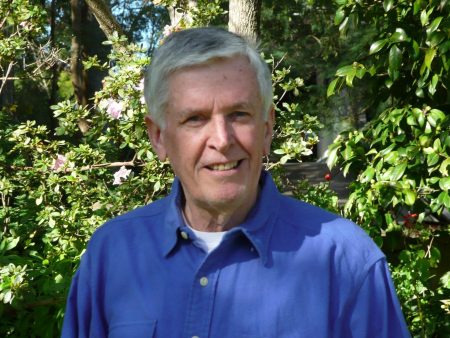JOHN TULLOH. Uncertainty on the Bosphorous as Erdoan deals with a humiliating setback.
April 9, 2019
These are interesting times for Turkey, particularly for its president, Recep Tayyap Erdoan. For a man accustomed to a Winx-like winning run in elections, the recent municipal polls gave him a rare poke in the eye. His AKP coalition won the majority of votes, but lost the two biggest cities, Ankara and Istanbul - the latter subject to a recount. This is not a loss which can be shrugged off. They and other major cities won by the opposition represent two-thirds of Turkeys GDP as well as reflecting popular sentiment about the state of the country under Erdoan.
The Turkish leader is accustomed to getting his own way through a combination of belligerence, threats, scaremongering, riding roughshod over the judiciary, monopolising the media and locking up or sacking opponents real and imagined. The Istanbul result was a humiliation for its favourite son who was once the its mayor. Erdoan, an admirer of the Ottoman empire, sees himself as a modern day sultan commanding the gateways to Europe, Asia and the Middle East.
Unlike the sultans, however, he respects the will of the people. The elections, although local, were very much a barometer of his own performance. Erdoan spoke at more than 100 rallies across the country. But there was no escaping the dire state of his countrys economy: a recession, 20% inflation, 10% unemployment, the plunging lira, shrinking wealth and the skyrocketing prices of daily basics. We will make up for our shortcomings, he said as the election result became clear.
But how? Erdoan is a master juggler of the many problems which face a fractious country like Turkey and its sensitive geopolitical position in the world order. He could seek a new mandate even though new elections are not due until 2023. But he faces unrest in his own party as well as with his ultra nationalist coalition partner, MHP, which might be tempted to go it alone. He might clean out the cronyism which has dominated senior positions in his government. More immediately he might put pressure on his son-in-law, the finance minister Berat Albayrak, to come up with a comprehensive program to restore trust.
Otherwise, Turkish observers warn, the outcome might be catastrophic for the AKP and Turkey as a whole. The best thing Erdoan has going for him is that he also is a master politician with no equal locally who is accustomed to getting out of scrapes. Hes won 15 successive elections. He has created a kind of imperial presidency thanks to a narrow referendum victory to strengthen the constitution in his favour. His immediate goal is to preside over the centenary celebrations of the Turkish republic in 2023. Then, depending on another electoral triumph, he can in 2027 surpass Atatrks 13 years as president.
This is an enormous challenge for Erdoan when there is now so much disaffection about his autocratic rule. Furthermore, the opposition demonstrated in the latest elections that it was now much better organised and disciplined and no longer the pushover it had been in recent years. As it is represented by much of the educated and secular voters, it will be revealing to see if Erdoan softens his Islamic policies in favour of the secularism practised by Atatrk.
At the same time, he will need to address his international priorities - NATO as a fellow member or cosying up to his near neighbour, Vladimir Putin. NATOs 70th anniversary celebrations this week have been overshadowed by Turkeys decision to buy a Russian anti-aircraft missile system. The US has warned it might suspend delivery to Turkey of its stealth F35 fighters if the Russian deal goes ahead or even impose sanctions. Ankaras response was that nobody is going to push us around.
President Recep Tayyip Erdoan would certainly agree. But he might have to learn the politics of compromise if he is to fulfil his long-term ambitions.
FOOTNOTE. Australia and New Zealand briefly entered Erdoans electoral campaign when he cynically exploited the Christchurch massacre to revive WW1 Anzac memories. Anyone with anti-Islam sentiments who came to Turkey would meet the same fate as the Anzacs who died at Gallipoli, he said at a rally spiced up by the gruesome video of the shooting. Your grandparents came here and they returned in caskets," he said. Have no doubt we will send you back like your grandfathers. An Erdoan adviser later said the words had been taken out of context. Of course! There was an election to be won.
John Tulloh had a 40-year career in foreign news.
